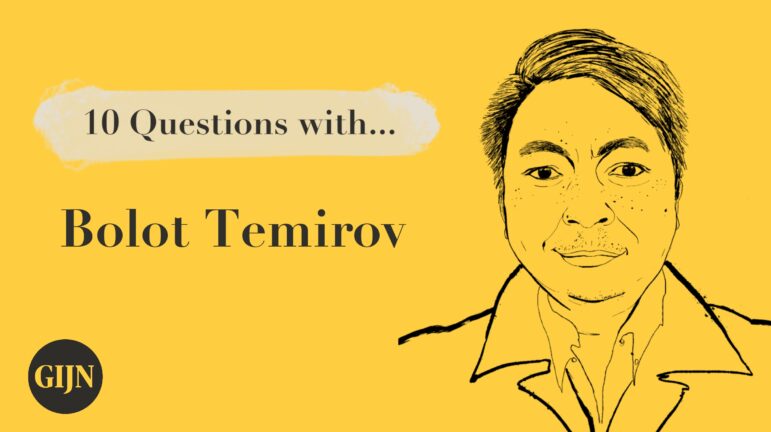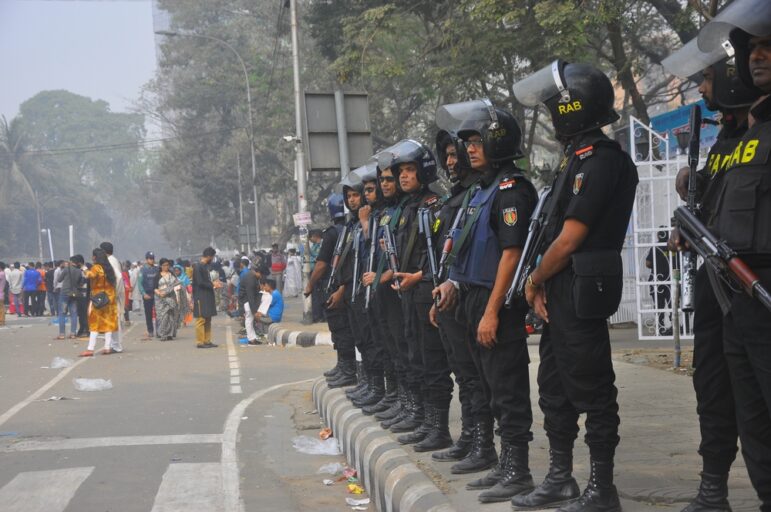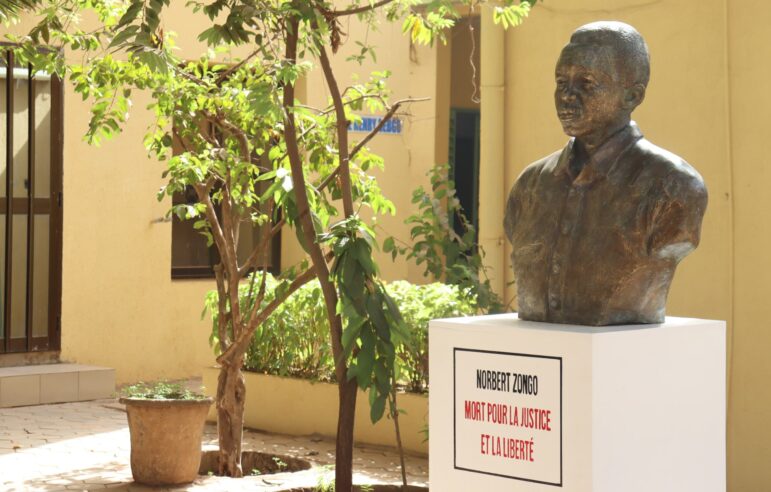
Getting the Story Out Press Freedom
How Alexey Navalny Was Inspired by — and Inspired — Investigative Journalism in Russia
Anti-corruption campaigner Alexey Navalny proved that anyone, after investigative training and practice, can expose rights abuse at the highest levels of government.









